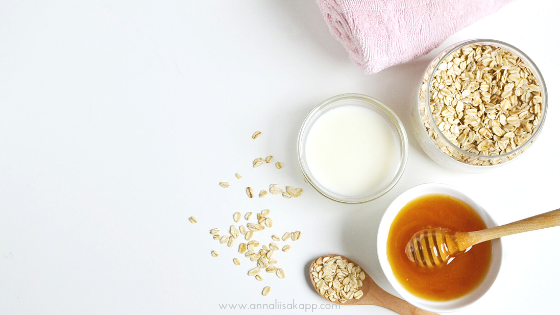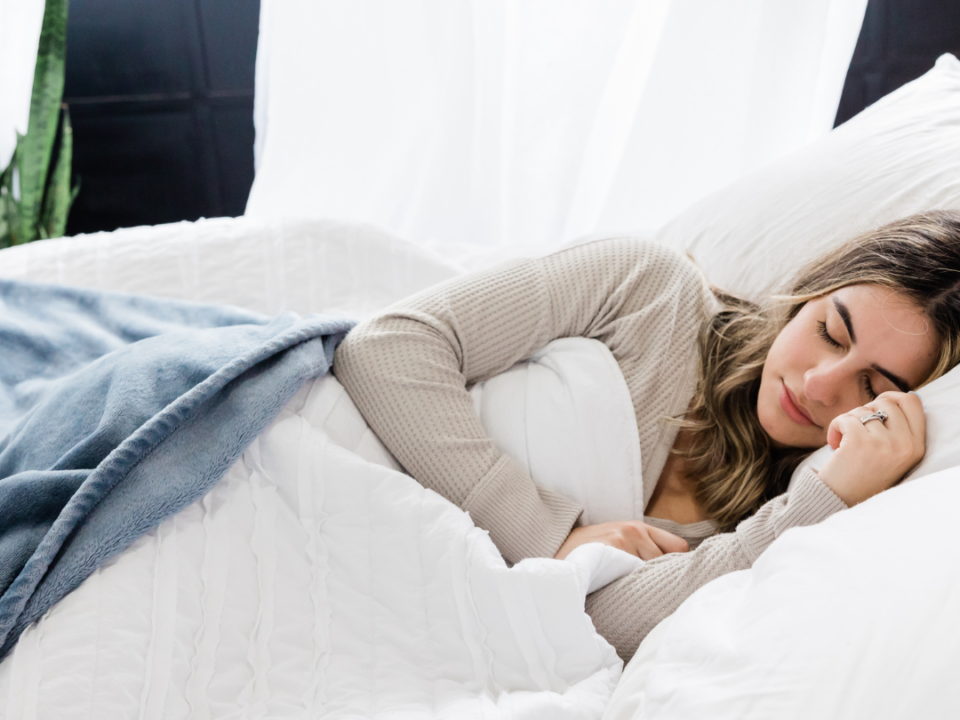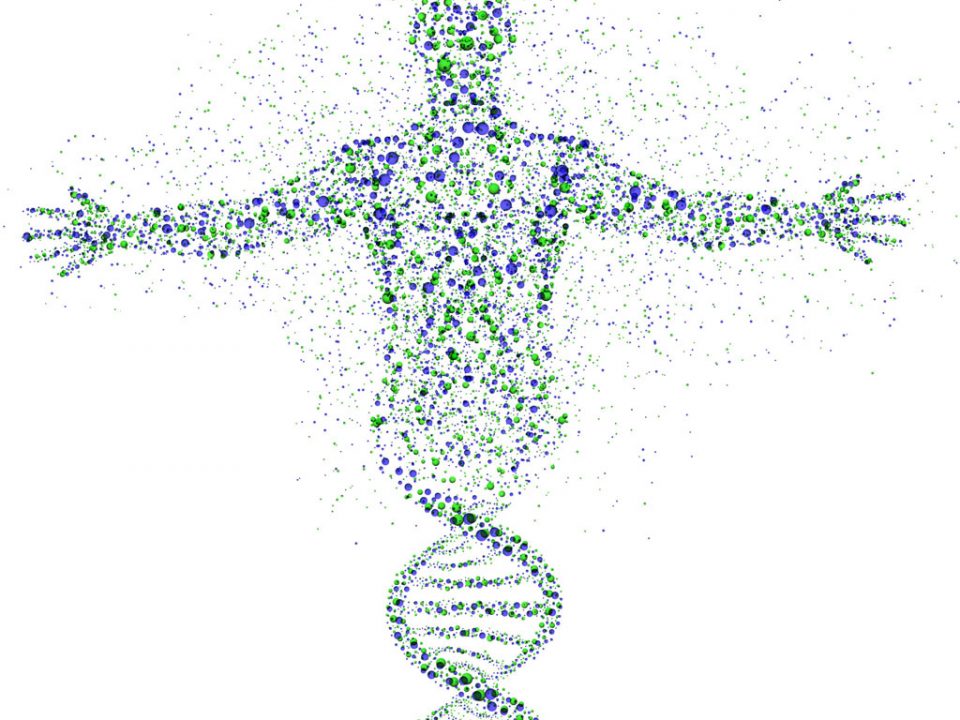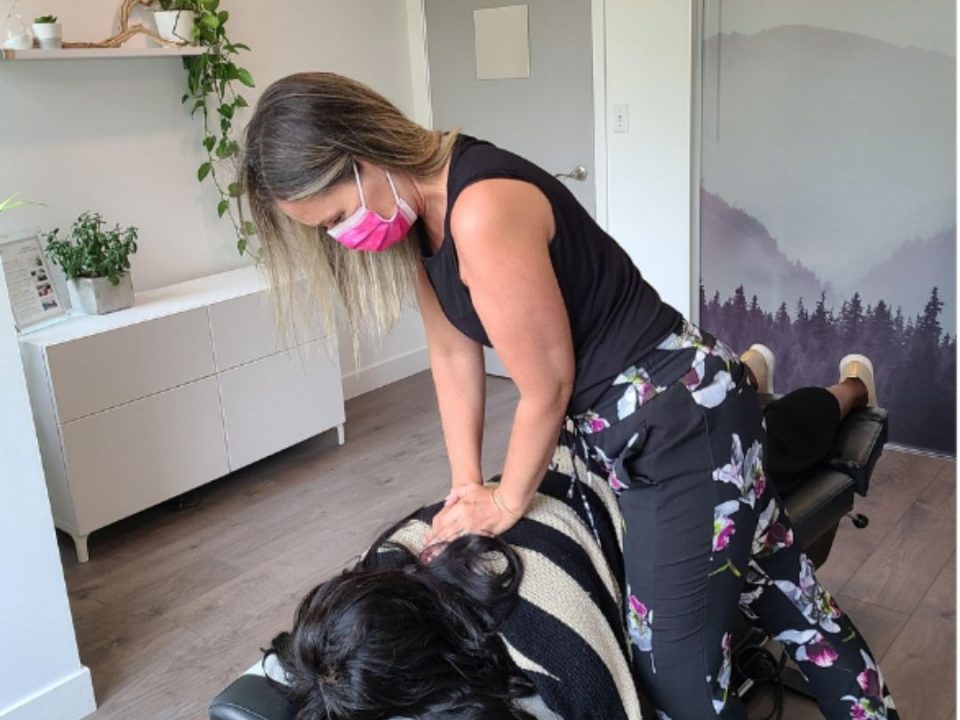What’s the deal with acne…with Annaliisa Kapp

Blueberry Crumb Bars {Paleo, Vegan}
July 19, 2019
Do you wake up every night at the same time? This is what it could mean.
August 8, 2019Whether you call them pimples, blemishes, or zits, ACNE is a common skin condition that can be a source of discomfort, frustration, and embarrassment for those who experience it.
For me, it started when I was 12. And it got really bad in high school. I remember my friends sometimes looking at my face and tilting their heads as they said, ‘awww, I’m sorry Lis’ (that’s what everyone called me back then).
After high school, I started to investigate how nutrition impacts acne (beyond the Cosmo articles that told me to stay away from chocolate and french fries). And then I discovered the amazing connection between nutrition and health. I was so intrigued and always wanted to learn more, so I enrolled at the Institute of Holistic Nutrition to study how the mind, body, and spirit connect the whole picture. I had a lot of gut healing, liver cleansing, and hormonal balancing work to do to really heal my acne and strengthen my system.
Here is what worked for me: Doing a whole food cleanse with liver supporting supplements and fibre 1-2x per year. Adding in gut healing and supportive foods like raw sauerkraut, collagen, and probiotics. Finding out exactly what my body requires for nutritional support through genetic testing (I require more B vitamins, Omegas, vitamin C, and Zinc – and guess what – a deficiency in these nutrients has major connections to acne!). And lastly stress management is a big one for me – nourishing my body with whole foods, moving my body every day, getting enough sleep, and taking breathers every few hours for myself.
It hasn’t always been easy, but if you always look for the quick fix, you’ll always end up with a short term resolution.
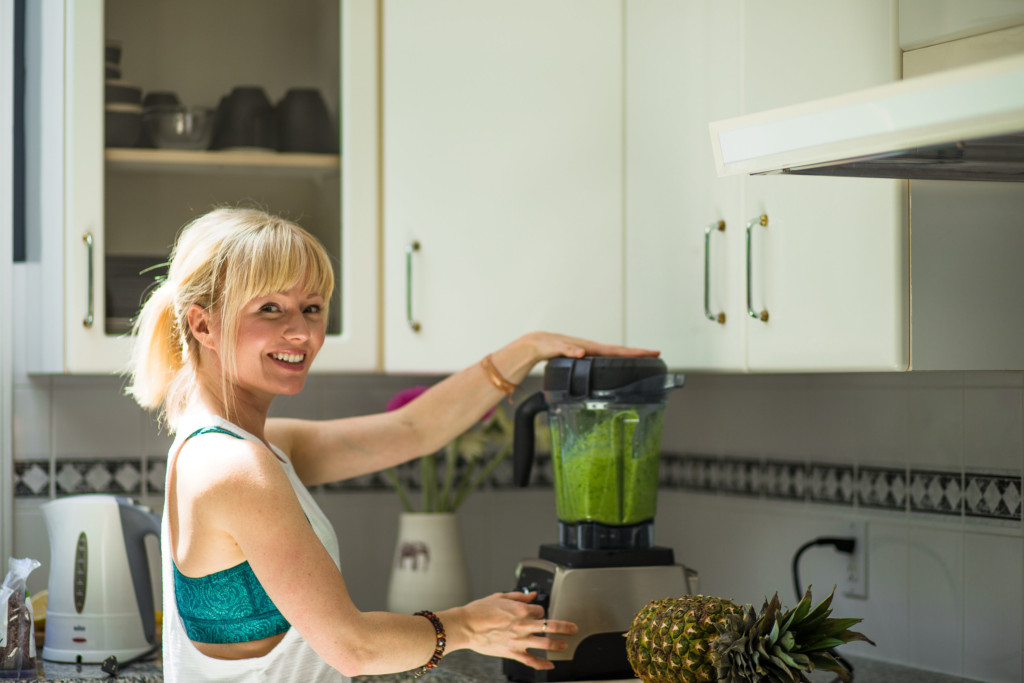
And now? My skin isn’t perfect. I still get the occasional breakout, because hey? Sometimes I stress, and drink wine, and eat the things I know aren’t the best for me. But my system strengthened after many years of healing and figuring out exactly what it needs. And so has my skin.
So if you’re suffering now, please know that it’s not your fault. And with a commitment to helping your body heal, you can turn things around and enjoy clear skin.
There’s quite a lot of behind-the-scenes action happening in your body that contributes to the development of acne, so let’s dive in!
What Is Acne?
Acne can occur at any age, but is often experienced during distinct phases of hormonal shifting, like adolescence, menstruation, pregnancy, and menopause. This is because fluctuating hormone levels can increase the amount of oil produced by the skin.
A bout of acne or even the appearance of a single pimple is the result of a buildup of oil, skin cells, and/or bacteria in the pores of the skin..
Causes of Acne
Studies have linked acne to:
- Inflammation – the root cause of all disease
- Compromised gut health (i.e. leaky gut, not enough good gut bacteria)
- High blood sugar and unstable insulin levels
- Hormonal imbalances
The foods you eat don’t usually directly cause breakouts, but can contribute to acne by promoting inflammation, impairing gut health, and spiking blood sugar and insulin levels.
Inflammatory foods include those high in refined carbohydrates, sugar, and unhealthy fats. Examples include:
- White breads, pasta, and rice
- Candy, baked goods, and other sweet desserts
- Sweetened drinks, like soda
- Fried foods
- Hydrogenated oils, trans fats, and saturated fats found in margarines, processed foods, and many animal products
- Peanut butter
Refined carbohydrates (many of which are high glycemic index foods), contain little fibre and protein, which helps slow digestion and prevent blood sugar spikes.
Instead, these sugary foods are quickly digested and absorbed into the bloodstream, causing blood sugar to climb and lots of insulin to be released.
Excess insulin can affect other hormones and cause too much oil to be made by the skin, resulting in those dreaded breakouts.
Typical Acne Treatments
Most people deal with breakouts on the surface, relying on topical cleansers, creams and lotions to treat their blemished skin as fast as possible.
However, relying solely on these types of treatments can result in a cycle of continuous breakouts and can delay complete healing of the skin.
‘Spot treatments’ are just that – they treat the symptom (the acne), but never address the underlying root cause.
Instead of reaching for the harsh topicals and concealer, try healing your skin from the inside out.
Treating Acne Holistically
It’s important to consider any foods you may be sensitive to and to try avoid or minimize those. Your immune system can react to certain foods, causing even more of an inflammatory response.
If you suspect your breakouts may be caused by a food sensitivity, consider testing or trying an elimination diet to identify the food trigger. This is best done under the guidance of a nutrition professional or healthcare practitioner.
Common food triggers include sugar, peanuts, wheat, soy, and dairy (cow’s milk).
To heal skin and prevent future breakouts, focus on foods that contain plenty of fibre, antioxidants, vitamins, minerals, and healthy fats like:
- A variety of fruits and vegetables – the more colourful your diet, the better!
- Nuts and seeds, especially flax & chia for the extra dose of omega-3 fats
- Wild-caught salmon
- Lean, grass fed meats
- Whole grains & seeds, like quinoa, oats, and brown rice
COOL TIP: When a breakout occurs, you can use the same healing foods topically to help soothe, hydrate, and cleanse irritated skin.
The foods that are health-optimizing for your insides can also be soothing and calming for the outside!
Balance Your Blood Sugar
Having steady blood sugar is so essential to balancing your hormones and reducing inflammation. By including more fresh vegetables and fruits (with skin on), fibre (ground flaxseeds and chia), and adequate protein and healthy fats, you can keep your blood sugar stable throughout the day. (I wrote more about this topic here)
Help Your Body Cope with Stress
Stress is another major contributor to acne, and pretty muh any health issue you are susceptible to. That’s because our major stress hormone that gets released during times of stress, cortisol, gets priority in the body over other hormones when the brain or body sense stress. This can throw off your hormones and increase inflammation, leading to more acne breakouts. (I wrote more about how to manage cortisol here)
As you can see, there are many underlying causes of adult acne, but there are equally as many solutions. The most important thing is that you take consistent daily action and have a positive mindset! To get started, try a natual soothing acne mask at home, recipe below!
Soothing DIY Acne Face Mask
Ingredients
¼ cup papaya, mashed
1 Tbsp oatmeal
1 tsp raw honey
Optional
2 – 4 drops tea tree oil (or combo tea tree and lavender)
How to prepare
Stir together ingredients in a small bowl. Apply to clean, dry skin (face, neck, shoulders, back – anywhere you have irritated, acne skin).
Leave on 15-20 minutes, then rinse off completely, and pat dry. And voilà, happily refreshed skin.


